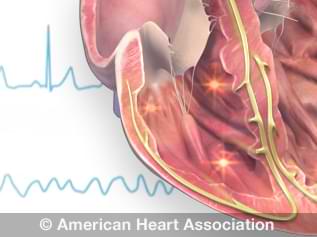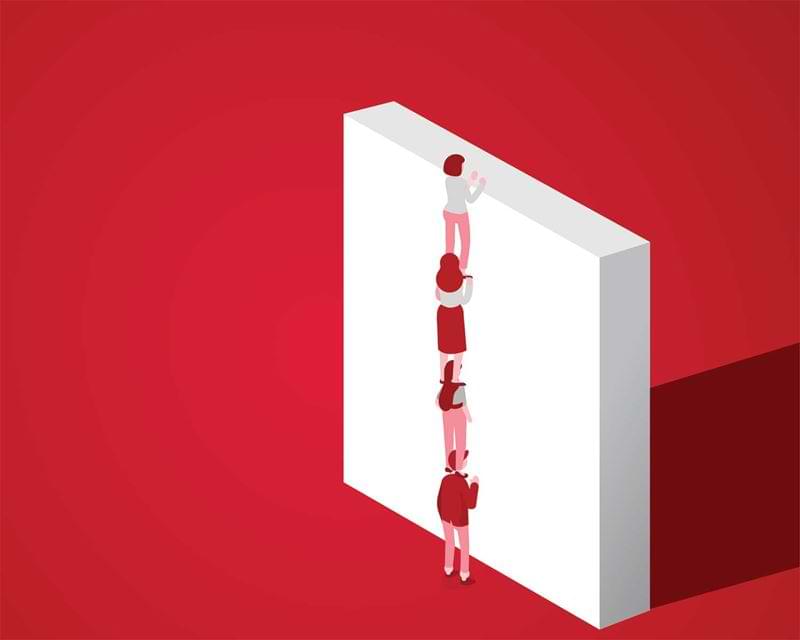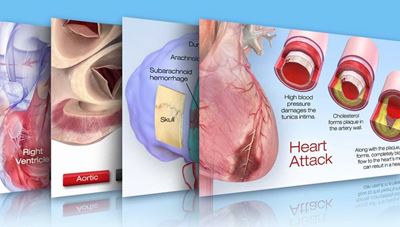Bradycardia: Slow Heart Rate

ECG strip showing a normal heartbeat

ECG strip showing bradycardia
Bradycardia is a heart rate that’s too slow. What’s considered too slow can depend on your age and physical condition. Elderly people, for example, are more prone to bradycardia.
In general, for adults, a resting heart rate of fewer than 60 beats per minute (BPM) qualifies as bradycardia.
There are exceptions. Your heart rate may fall below 60 BPM during deep sleep. Physically active adults (and athletes) often have a resting heart rate slower than 60 BPM.

View an animation of bradycardia.
Causes of bradycardia
Causes for bradycardia include:
- Problems with the sinoatrial (SA) node, the heart’s natural pacemaker
- Problems in the conduction pathways of the heart that don’t allow electrical impulses to pass properly from the atria to the ventricles
- Metabolic problems such as hypothyroidism (low thyroid hormone)
- Damage to the heart from aging, heart disease or heart attack
- Certain heart medications that can cause bradycardia as a side effect
- Congenital heart defects (present at birth)
- Infection of heart tissue, known as myocarditis
- Complications from heart surgery
- Chemical imbalances in the blood, such as potassium or calcium
- Repeated breathing disruptions during sleep, known as obstructive sleep apnea
- Inflammatory disease, such as rheumatic fever or lupus
Perfect Timing
![]() With your help, we’ll turn the tide on heart disease. Your donation brings vital education and research breakthroughs to life — and saves lives.
With your help, we’ll turn the tide on heart disease. Your donation brings vital education and research breakthroughs to life — and saves lives.
Symptoms of bradycardia
A heart rate that’s too slow can cause insufficient blood flow to the brain. Symptoms of bradycardia include:
- Fatigue or feeling weak
- Dizziness or lightheadedness
- Confusion
- Fainting (or near-fainting)
- Shortness of breath
- Tires easily during exercise
- Chest pain
Complications of bradycardia
Possible complications of bradycardia can include:
- Heart failure
- Frequent fainting (syncope)
- Cardiac arrest (in extreme cases)
Treatment of bradycardia
Borderline or occasional bradycardia may not require treatment.
Severe or prolonged bradycardia can be treated in a few ways. For instance, if medication side effects are causing the slow heart rate, then the medication regimen can be adjusted or discontinued.
In many cases, a pacemaker can regulate the heart’s rhythm, speeding up the heart rate as needed.










